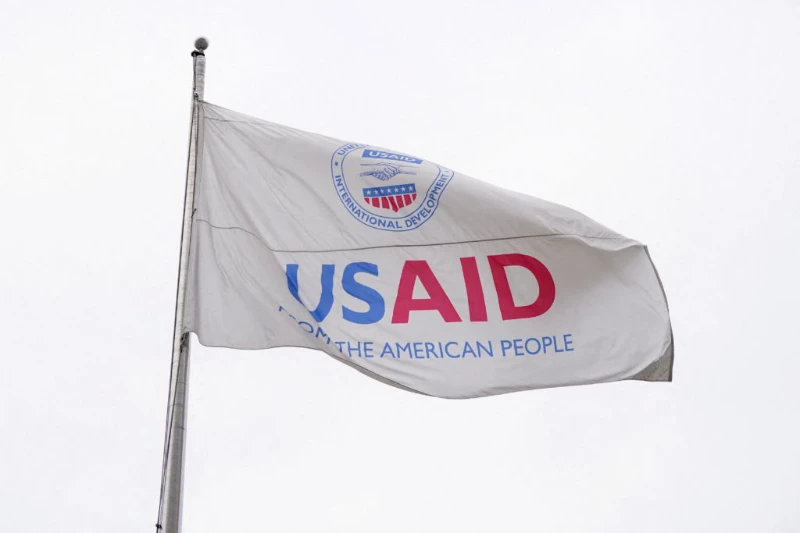"This is not just about passports; it's about erasing our culture and history" - the dangerous implications of passportisation in Crimea
the european court's ruling raises urgent questions about sovereignty, individual rights, and the future of international law
The concept of "passportisation" has become a focal point of international debate, particularly in the context of Crimea. This practice involves extending nationality to large numbers of individuals beyond the state's borders, often forcibly. It raises significant concerns about territorial sovereignty and individual rights under international law. The recent decision by the European Court of Human Rights (ECtHR) regarding Russian citizenship imposition in Crimea has brought this issue to the forefront.
On June 18, 2024, the Grand Chamber of the ECtHR ruled on an interstate case concerning Russia's activities in Crimea, Ukraine v Russia (Re Crimea). The court found that Russia's actions breached Article 8 of the European Convention on Human Rights (ECHR), which protects private life and family life. This ruling underscores how passportisation can undermine territorial sovereignty and individual rights.
"The phenomenon of passportisation has metastasised because international law exerts very limited restraint upon states' power to extend their nationality," said Dr Gaiane Nuridzhanian.
Historically, Russia has employed passportisation as a tool for influence in post-Soviet states like Georgia and Ukraine. This strategy allows Moscow to intervene under the guise of protecting its nationals abroad, thereby eroding these countries' sovereignty.
Experts have long debated the legal limitations surrounding nationality extension by states. The Permanent Court of International Justice once noted that nationality is primarily a matter for each state to judge unless constrained by treaty commitments or customary international law principles.
"Naturalization must be based on an explicit voluntary act," stated Manley O Hudson in his report on Nationality.
The distinction between voluntary and involuntary naturalization is crucial under international law standards. Voluntary naturalization aligns with established norms requiring consent from individuals before granting them new citizenship.
Current human rights laws inadequately address issues related to passportisation globally. While they focus more on preventing statelessness than non-consensual imposition of nationality after birth, there remains a gap concerning protection against forced national identity changes.
The recent ruling by the European Court of Human Rights (ECtHR) on the imposition of Russian citizenship in Crimea has sparked a wave of reactions from various stakeholders, each expressing deep concerns about the potential consequences. Ukrainian government officials have been vocal in their alarm, emphasizing that this move could severely impact national identity and sovereignty. "This is not just about passports; it's about erasing our culture and history," said one official.
Human rights organizations have also raised red flags, highlighting the risks for individuals who are forced into accepting a nationality they do not identify with. Amnesty International released a statement saying, "The involuntary naturalization of Crimean residents undermines their fundamental human rights and sets a dangerous precedent for international law." These groups fear that such practices could lead to further marginalization and discrimination against those who resist.
Public sentiment reflects these fears, with many expressing anxiety over losing autonomy and control over their citizenship status. A resident from Crimea shared on social media, "We feel like pawns in a geopolitical game where our voices don't matter." This sense of helplessness resonates across communities affected by passportisation.
On the other hand, Russian authorities justify their actions as protective measures for citizens living abroad. They argue that extending Russian nationality to Crimeans is necessary for ensuring their safety and security amidst ongoing regional tensions. "Our primary goal is to protect our people wherever they are," stated a spokesperson from Russia's Foreign Ministry.
However, critics argue that these justifications mask ulterior motives aimed at consolidating power and control over contested territories. Some analysts suggest that Russia's actions are less about protection and more about expanding influence under the guise of safeguarding citizens' rights.
“Russia’s narrative of protection falls apart when you consider how it systematically suppresses dissenting voices within its own borders,” said an expert on Eastern European politics.
The broader implications of this event extend beyond Crimea or Ukraine-Russia relations; it challenges international norms regarding state sovereignty and individual rights. The ECtHR's decision may set precedents affecting future diplomatic engagements between nations grappling with similar issues.
As global leaders watch closely how this situation unfolds, questions arise about public trust in international institutions tasked with upholding justice and human rights standards worldwide. Will countries adhere to established legal frameworks or exploit loopholes for political gain?
Moving forward, it remains crucial for policymakers to address these challenges head-on while balancing national interests with respect for individual freedoms-a task easier said than done but essential nonetheless.
